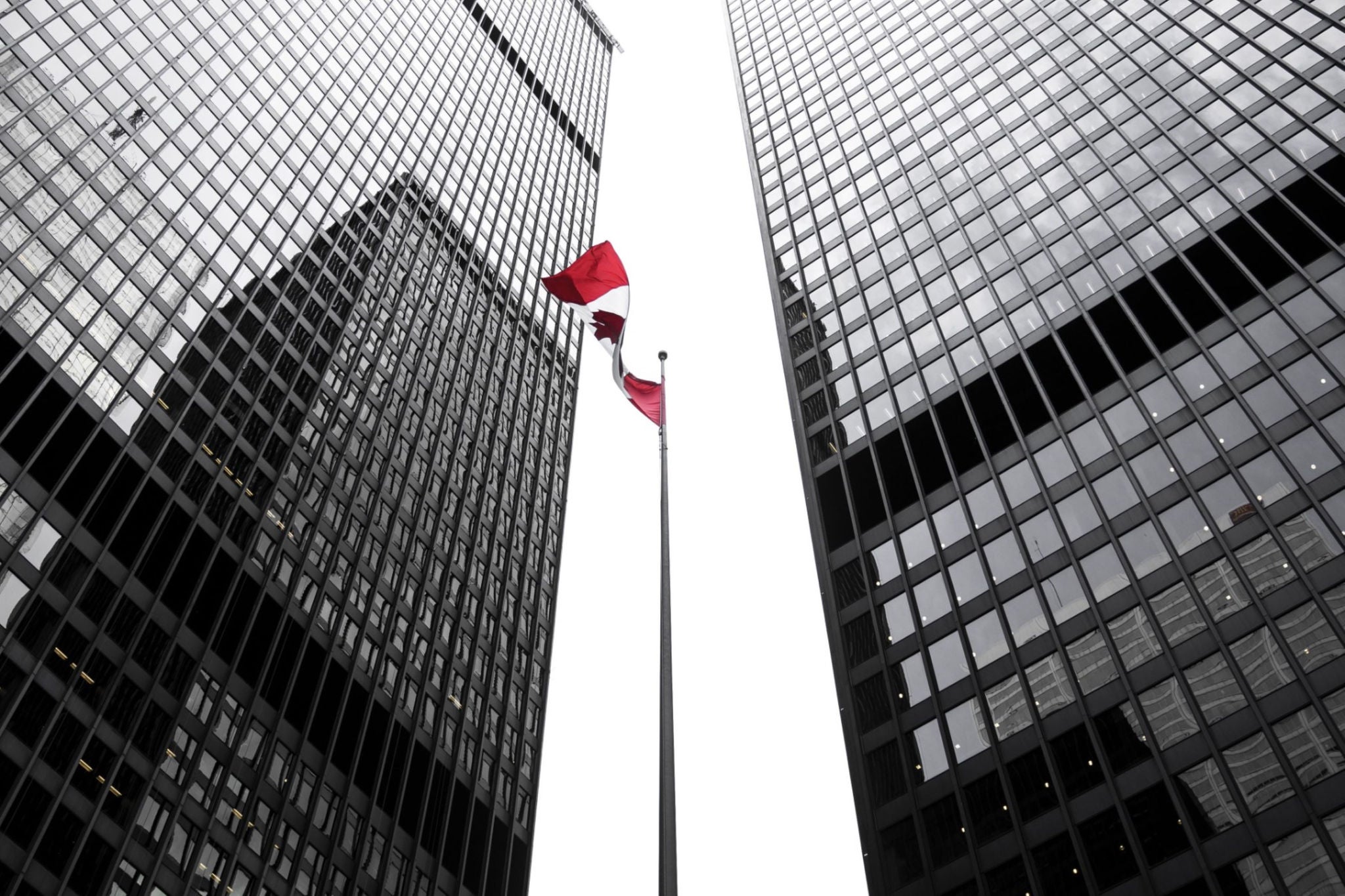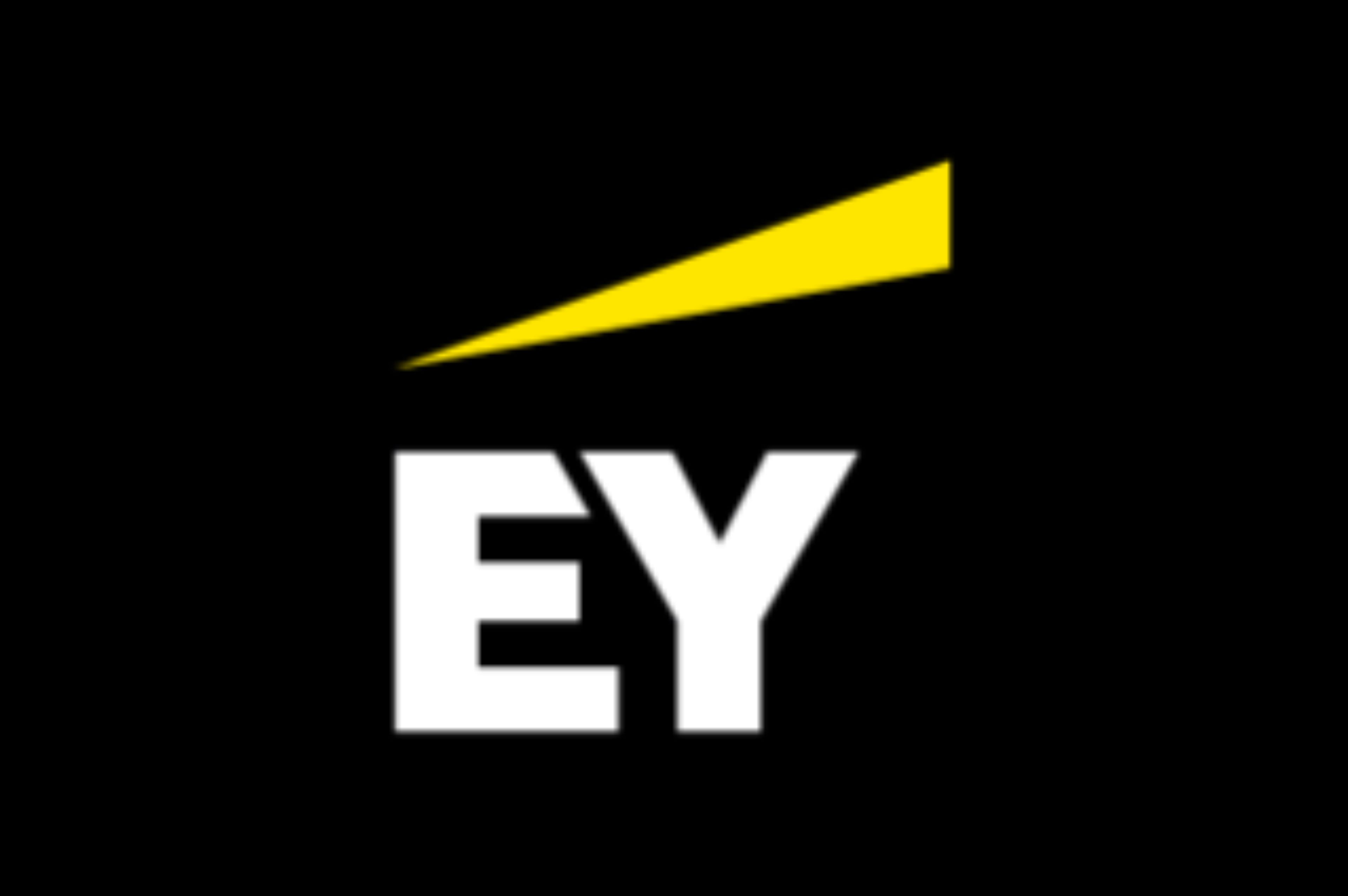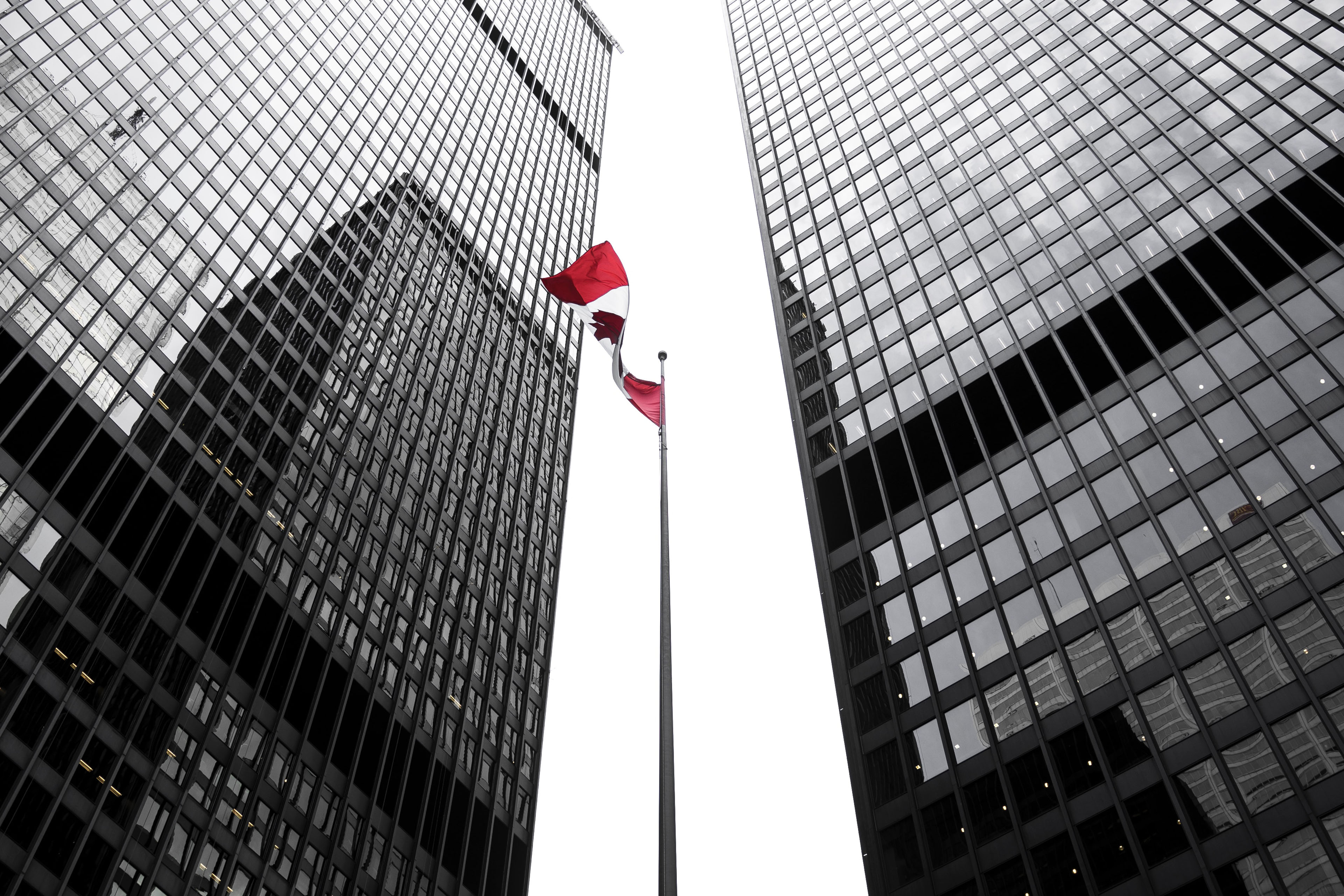EY Law LLP is a Canadian law firm, affiliated with Ernst & Young LLP in Canada. Both EY Law LLP and Ernst & Young LLP are Ontario limited liability partnerships. For more information about the global EY organization please visit www.ey.com.

Tax Alert 2022 No. 39, 19 August 2022
The Government of Canada has enacted the Select Luxury Items Tax Act (the Act), which was included in Bill C-19, Budget Implementation Act, 2022, No. 1. Bill C-19 received Royal Assent on 23 June 2022. The Act imposes a “luxury tax” on the sale and import of subject vehicles, subject aircraft and subject vessels (collectively, subject items) that exceed specified price thresholds. The luxury tax takes effect on 1 September 2022. Vendors of vehicles, aircraft and vessels should carefully consider the provisions of the Act to determine their registration and reporting obligations.
As well, on 9 August 2022, the Department of Finance released for public comment draft legislative and regulatory proposals, including the draft Select Luxury Items Tax Regulations. The regulations, which come into force on 1 September 2022, address concerns raised by stakeholders relating to exports of aircraft, reporting requirements for automobile vendors, and the application of transitional rules.
The following provides an overview of the application of the luxury tax, as well as registration and reporting requirements under the Act. A brief summary of the draft regulations is also provided.
Application of the tax
The luxury tax applies to supplies in Canada, as well as importations into Canada, of new vehicles, vessels and aircraft priced over certain thresholds. Specifically, for vehicles and aircraft priced over $100,000, the tax is calculated as the lesser of 10% of the taxable amount and 20% of the taxable amount over $100,000. For vessels over $250,000, the tax is calculated as the lesser of 10% of the taxable amount and 20% of the taxable amount over $250,000.
The taxable amount on the sale of a subject item is the value of the consideration. The consideration does not include any GST/HST or PST in relation to the subject item, but it generally includes all other taxes, duties, charges, fees and amounts paid in respect of the sale.
The taxable amount for an imported subject item is the total of:
- Its value as determined under the Customs Act for the purposes of calculating duties; and
- All duties and taxes payable under the Customs Tariff, the Excise Tax Act (not including GST/HST), the Special Import Measures Act, and any other law relating to customs.
The tax is generally payable by the vendor. However, the tax is payable by the purchaser if the vendor is:
- The Crown in right of Canada or a province;
- An agent of the Crown in right of Canada or a province;
- An Indigenous governing body; or
- A person entitled to tax relief under the Foreign Missions and International Organization Act for GST payable under the Excise Tax Act in respect of the sale.
The luxury tax generally becomes payable at the time the sale is completed, which is the earlier of the time at which possession of the subject item is transferred to the purchaser or another person and the time at which ownership of the subject item is transferred to the purchaser.
Luxury tax may apply if a registered vendor leases out a subject vehicle with a retail value exceeding the price threshold. Specifically, the tax will apply if a registered vendor holds a subject vehicle in inventory that has not been registered with the Government of Canada or a province, and the vendor subsequently leases that vehicle. However, the tax will not apply if the vehicle is equipped for policing or military activities and certain other conditions are met. The tax generally applies to the subject vehicle’s fair market value, and the tax becomes payable when the lessee first has the right to use the subject item.
Luxury tax does not apply to leases of used subject vehicles that have been previously registered with the Government of Canada or a province. Nor does it apply to a lease of a subject aircraft or subject vessel for which a tax-paid certificate is in effect. A person who acquires subject items for the sole purpose of leasing them (and not selling them) will be required to obtain their inventory on a tax-in basis.
An owner of a subject aircraft or subject vessel that exceeds the price threshold may also be required to self-assess the tax if the owner leases that item, subject to certain exceptions. For example, tax will not apply if the lessee is a qualifying aircraft user, such as a police authority or a government entity that conducts emergency medical response or emergency fire response activities.
Modifications to a subject item may also attract the tax. For example, a person will be required to self-assess tax on the consideration paid for modifications if:
- The modifications were installed or made within 12 months after the day the sale of the subject item to the person was completed, and luxury tax applied to the initial sale; and
- The total consideration paid for the modifications equals or exceeds $5,000.
Subject vehicles, aircraft and vessels
For luxury tax purposes, subject vehicle means a passenger motor vehicle that:
- Is equipped to accommodate no more than 10 passengers;
- Has a gross vehicle weight of 3,856 kg or less;
- Is designed to travel with four or more wheels in contact with the ground; and
- Has a manufacture date after 2018.
This includes sedans, station wagons, sports cars, passenger vans, minivans, SUVs and pickup trucks. A subject vehicle does not include ambulances, hearses, vehicles that are equipped for police or emergency response activities, or recreational vehicles that are designed to provide temporary residential accommodation.
Subject aircraft means an aeroplane, glider or helicopter that has a manufacture date after 2018 and that meets one of the following conditions:
- It is equipped only with one or more pilot seats and cannot have any other seating configuration;
- It is equipped only with one or more pilot seats, or is not equipped with any seats, and cannot have a seating configuration of 40 seats or more (excluding pilot seats); or
- It is equipped with one or more pilot seats and one or more passenger seats and has a seating configuration of 39 seats or fewer (excluding pilot seats).
A subject aircraft does not include an aircraft designed for cargo flight or military activities.
Subject vessel means any boat designed for leisure, recreation or sport and that has a manufacture date after 2018. It does not include floating homes, commercial fishing vessels, ferries or cruise ships.
A subject item does not include a subject aircraft, vessel or vehicle that is registered with a government before 1 September 2022, provided possession is transferred to the user before that date.
Registration
A person is required to register for a type of subject item if the person makes a qualifying sale or a qualifying importation in the course of a business of selling subject items of that type. This generally includes manufacturers, wholesalers and retailers of subject items.
In general, a person makes a qualifying sale if:
- The person sells a subject item to a purchaser;
- In the case of a subject vehicle, the vehicle has never been registered with the Government of Canada or a province;
- In the case of a subject aircraft or subject vessel, the subject item has never been registered with the Government of Canada, unless the registration is done only for a purpose incidental to its manufacture, offering for sale or transportation; and
- The price threshold for the subject item (e.g., $100,000 for a subject vehicle or subject aircraft) is less than the greatest of:
- The consideration for the sale;
- The item’s retail value at the time the sale is completed; and
- The manufacturer’s suggested retail selling price.
A qualifying importation occurs when a person imports a subject item that has never been registered and the price threshold for the subject item is less than the greatest of:
- The item’s taxable amount, as determined under section 20 of the Act;
- The item’s retail value at the time it is accounted for in accordance with the Customs Act; and
- The manufacturer’s suggested retail selling price.
Registration is required on or before the earlier of the day the person completes the first qualifying sale of the subject item or, in the case of a qualifying importation, the day on which the subject item is accounted for under the Customs Act. A person may register by filing Form L500, Luxury Tax Registration Application, with the Canada Revenue Agency (CRA). A person may register online or send a signed form to the applicable CRA office.
If a person has not registered and the Minister of National Revenue (the minister) has reason to believe that the person should be registered, the minister may send a notice informing the person that the minister proposes to register the person as a vendor. If the person does not apply for registration or fails to establish that they are not required to register, the minister may register the person as a vendor 60 days after the notice was sent.
A registered vendor for a type of subject item may purchase such items from another registered vendor for that subject item on a tax-exempt basis by providing an exemption certificate to the seller. As well, if a registered vendor for a type of subject item imports items of that type, the luxury tax does not apply at the time of importation. In effect, the vendor may defer the luxury tax until the first purchase by a non-registrant.
As noted above, the luxury tax does not apply to leases of used subject vehicles that have previously been registered, federally or provincially. Moreover, tax does not apply to the lease of a subject aircraft or subject vessel for which a tax-paid certificate is in effect. As a result, a person that carries on the business of leasing but not selling subject items is not permitted to register.
For more information about luxury tax registration, see Notice LTN1, Registration Under the Select Luxury Items Tax Act.
Returns
The first reporting period begins on 1 September 2022 and ends on 31 December 2022. After that initial period, registered vendors will be required to file luxury tax returns on a calendar quarterly basis. The due date for filing a return and remitting the tax is the last day of the month following the reporting period.
A person that engages in one or more activities in separate branches or divisions may apply to the minister for authorization to file separate returns if:
- The branch or division can be identified separately by reference to its location or the nature of the activities it engages in; and
- The branch or division maintains separate books and records.
A person may obtain authorization to file separate returns by submitting Form L500-2, Application or Revocation of the Authorization to File Separate Luxury Tax Returns for Branches and Divisions, to the CRA.
Non-registrants may also be required to file a return and remit tax in certain circumstances. For example, if a non-registrant purchases or imports a subject aircraft on a tax-exempt basis after certifying that all or substantially all of the aircraft’s use will be for qualifying exempt activities (e.g., air ambulance services, flights to remote communities, flights conducted in the course of a business of the owner of the aircraft), the non-registrant would be liable to self-assess and remit the tax for any future sale made to another non-registrant for whom no such certification is possible.
Tax-paid certificates
A registered vendor must apply to the CRA for a tax-paid certificate if tax for a subject aircraft or subject vessel is paid or becomes payable. Applications may be made through the registered vendor’s quarterly luxury tax and information return or by submitting Form L501, Tax Certificate Application, to the CRA. The CRA will maintain information for all such certificates through an online registry, which will allow a person:
- To determine whether luxury tax has been paid for a subject aircraft or subject vessel; and
- To sell that aircraft or vessel on a tax-out basis by providing a copy of the tax-paid certificate to the purchaser.
The tax-paid certificate regime does not apply to subject vehicles. After a taxable sale or importation, a subject vehicle is considered to be “put into service” for luxury tax purposes when the vehicle is registered, and luxury tax will not apply to a subsequent sale to another person.
Records
Every person that is required to file a return must keep all records necessary to determine their liabilities and obligations under the Act. In general, records must be kept for six years after the end of the year to which they relate. Records must be kept in Canada unless the minister authorizes a person to keep records outside the country. A person may obtain permission to maintain records outside Canada by submitting Form L500-1, Non-Resident – Records Kept Outside Canada, to the CRA.
Draft regulations for the Select Luxury Items Tax Act
In a news release dated 14 July 2022, the Department of Finance indicated it would release draft regulations to clarify the application of the tax. The Select Luxury Items Tax Regulations were included as part of legislative and regulatory proposals released by the Department of Finance on 9 August 2022.
Subject aircraft — The initial proposed luxury tax framework provided that a registered vendor could claim a rebate if tax was payable in respect of a subject item delivered by the vendor to a non-registrant and the non-registrant subsequently exported the good out of Canada. However, in response to concerns raised by Canadian manufacturers and exporters of aircraft, section 2 of the draft regulations provides that exemption from the tax may apply on the sale of a subject aircraft at the time the sale is completed, even if the export occurs at a later time. The vendor must obtain a declaration from the purchaser that:
- The aircraft will be exported as soon after the sale as is reasonable in the circumstances;
- The aircraft will not be used in Canada before it is exported, except to the extent necessary or incidental to its manufacture, offering for sale, transportation or exportation;
- The aircraft will not be registered with the federal government or a province before it is exported, except to the extent the registration is necessary or incidental to its manufacture, offering for sale, transportation or exportation;
- The purchaser is not a registered vendor; and
- The purchaser assumes liability to pay any luxury tax that is or may become payable in respect of the aircraft.
This change is intended to address certain cash flow concerns raised by Canadian manufacturers and exporters of aircraft and remains consistent with the legislative objective of exempting export sales.
Information returns — Subsection 59(1) of the Act provides that a person who is registered or required to be registered under the Act must file an information return for certain sales and imports of subject items for which the person is not required to pay the tax. These filing requirements apply if the taxable amount of the subject item exceeds the applicable threshold and:
- An exemption certificate applies to the sale;
- Tax in respect of the sale is payable by the purchaser; or
- Tax in respect of the sale of a subject vehicle is not payable because the purchaser is a police authority or military authority, and the vehicle is equipped for policing or military activities.
As well, an information return must be filed if a person imports a subject vehicle and tax is not payable because the importer is a police authority or military authority, and the vehicle is equipped for policing or military activities.
Section 3 of the draft regulations simplifies luxury tax reporting obligations for automotive dealers. Specifically, a registered vendor in respect of subject vehicles will not be required to file information returns for the sales and imports described above.
Transitional rules — Section 4 of the draft regulations provides that luxury tax will not apply on the sale or import of a subject item if a written agreement for the sale of that subject item was entered into before 1 January 2022.
Learn more
For more information, contact your EY or EY Law tax advisor, or one of the following professionals.East
Jadys Bourdelais
+ 1 514 879 6380 | jadys.bourdelais@ca.ey.com
West
David D. Robertson
+1 403 206 5474 | david.d.robertson@ca.ey.com
Central
Jan Pedder
+1 416 943 3509 | jan.s.pedder@ca.ey.com
Sania Ilahi
+1 416 941 1832 | sania.ilahi@ca.ey.com
Download this tax alert
Budget information: For up-to-date information on the federal, provincial and territorial budgets, visit ey.com/ca/Budget.

